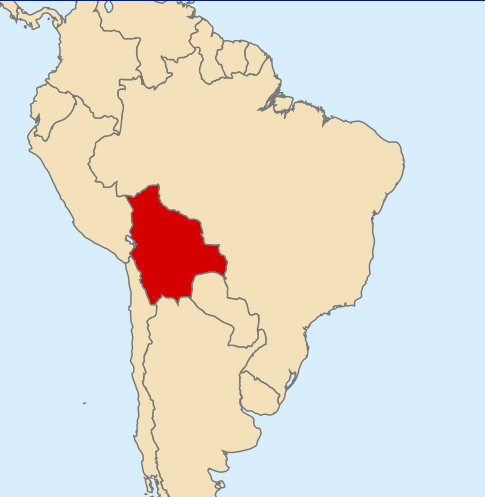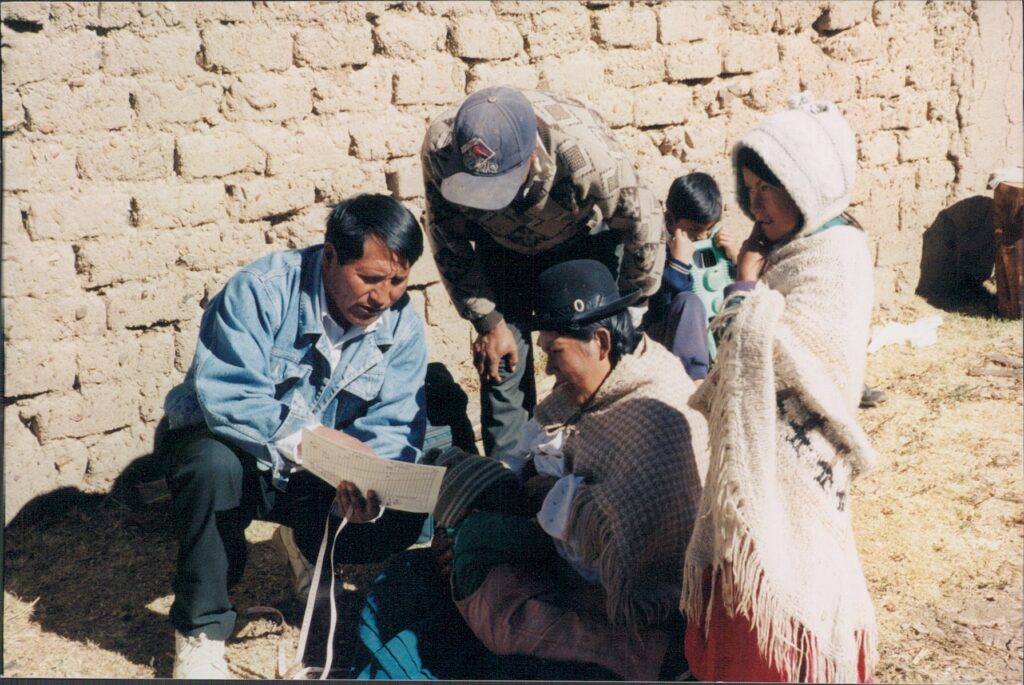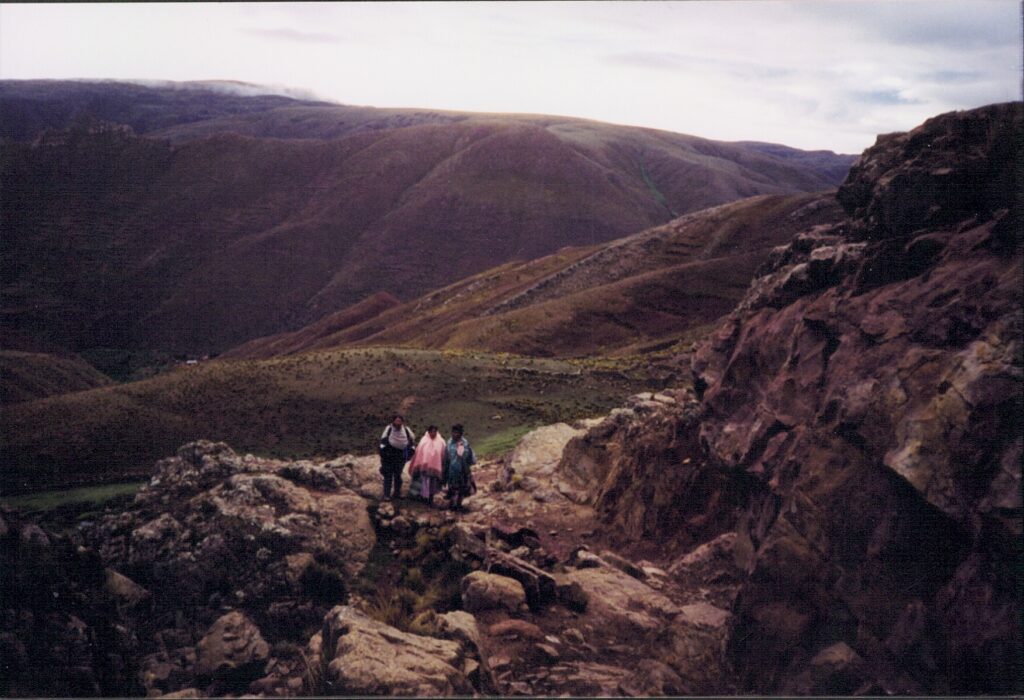Aymara Day
Posted: June 16, 2023
The Aymara people are one of the oldest indigenous groups in the Andean region, with a history dating back thousands of years. They have a deep connection to the land, nature, and the cosmic cycles. Aymara Day is celebrated on June 21st, which coincides with the winter solstice in the Southern Hemisphere, marking the start of the Aymara agricultural year.
During Aymara Day, various rituals and ceremonies take place to welcome the new year and seek blessings for a prosperous year ahead. One of the most prominent rituals is the “Ch’allar” or “Pawa” ceremony, which involves making offerings to the Pachamama (Mother Earth) and other deities. People gather in sacred places, such as mountains, lakes, or rivers, to perform these rituals, offering coca leaves, flowers, food, and other symbolic items.

The celebration is characterized by vibrant traditional attire, music, dance, and cultural performances. Aymara communities come together to showcase their cultural heritage through traditional music played on instruments like the charango (a small stringed instrument) and the zampoña (panpipes). Colorful dances, such as the “Tinku” or “Caporales,” are performed, featuring intricate footwork, traditional costumes, and rhythmic music.
Donate to our work and support all of our partners around the world. We need your help!
Below see home visits and the vast distances covered by Community Health Workers in Bolivia over our past 40 years. Read more here


Join us in Bolivia and Volunteer
Community Outreach: Accompany Community Health Workers out into rural communities to provide health services and assist with pre-natal checkups. Volunteers work alongside health workers to weigh and measure babies to check for malnutrition, give vaccinations and vitamin supplements, conduct home visits and assist the health workers with recording the information on mother and child health cards.
Construction and Repairs: Volunteers work alongside a local foreman to build new homes or repair health facilities, renovating the existing structures. There is plenty of work to be done!
Special projects including training local staff, will be arranged for volunteers with special skills, such as medical professionals and engineers.
Share this Article
Stay Up-To-Date With Curamericas Global
We will not spam, sell or otherwise misuse your information!